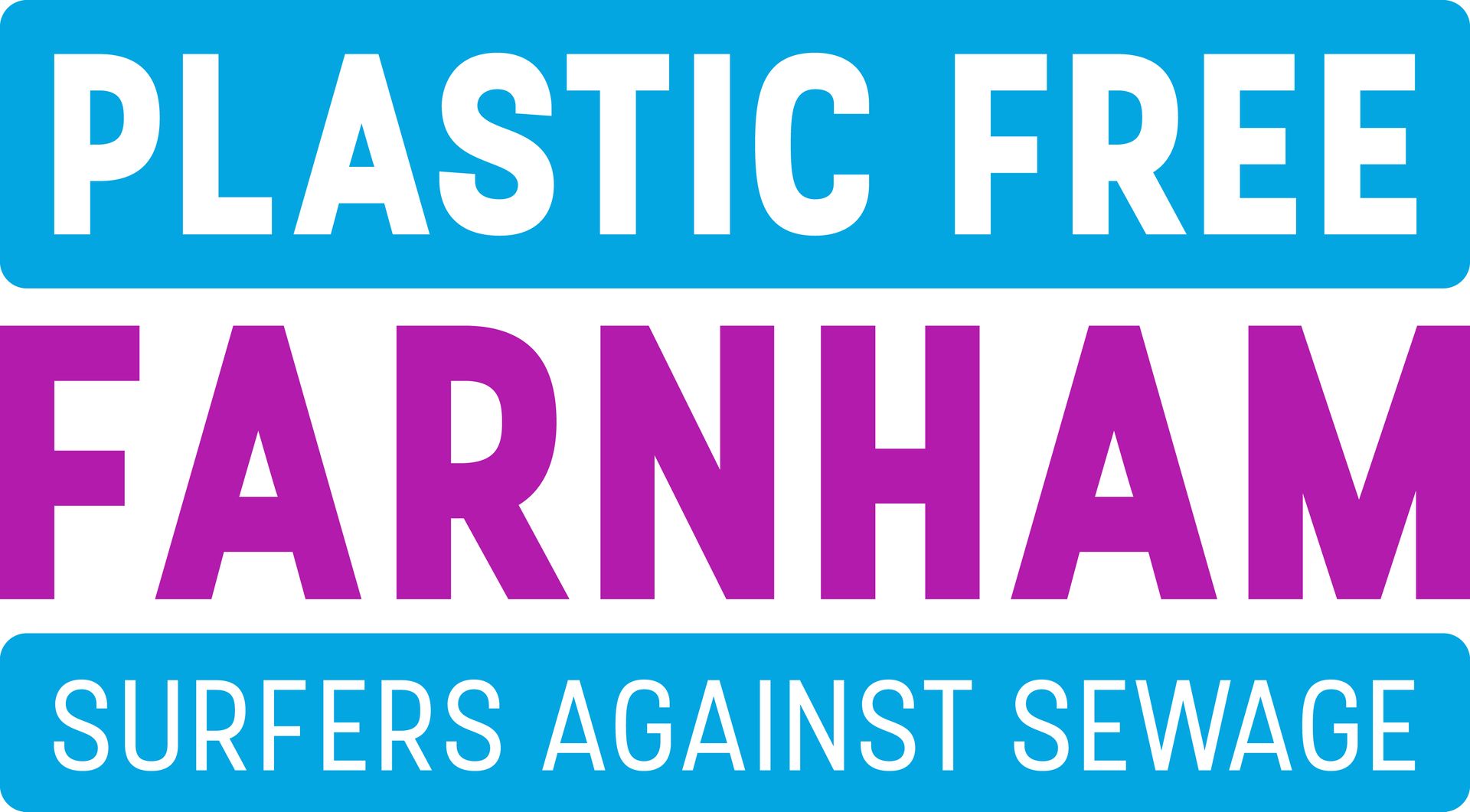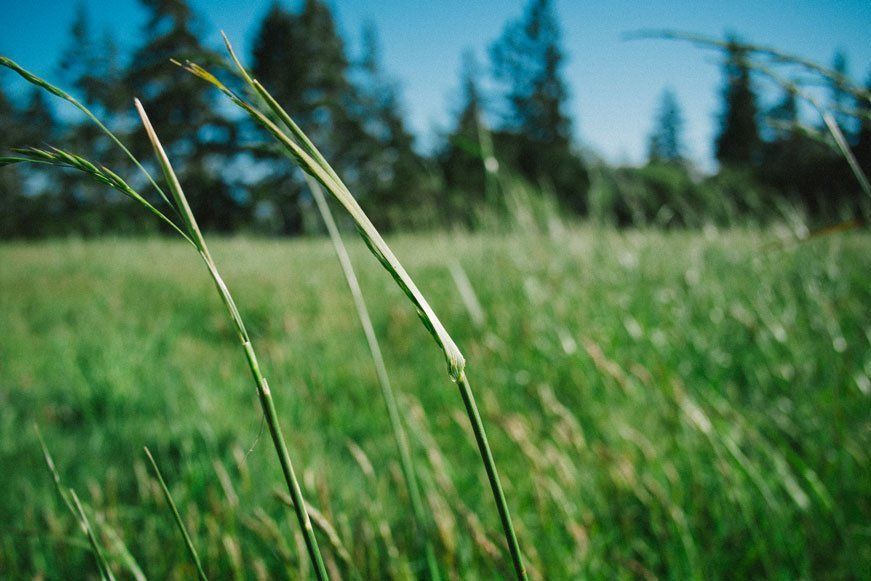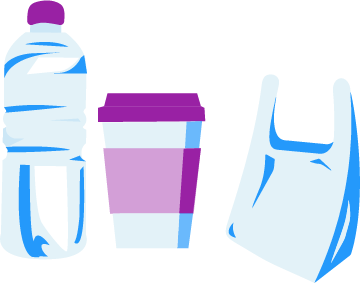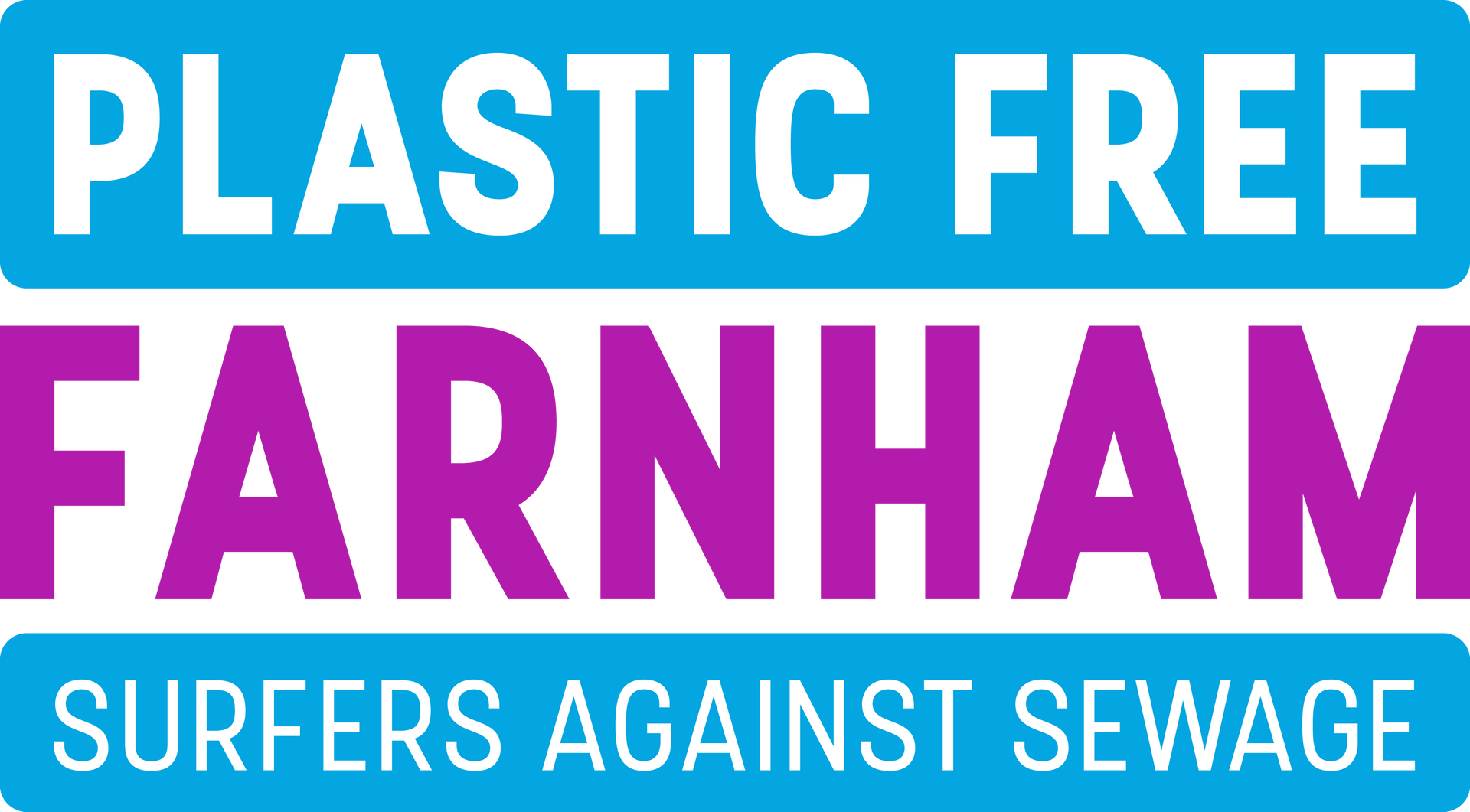Get in touch
plasticfreefarnham@gmail.com
How to avoid single use plastic in your garden
How to avoid single use plastic in your garden
Spring has arrived and those with gardens can enjoy some time tending their plants and possibly buying some new ones. However, not all gardening is “green” and it can unfortunately result in the purchase of items packaged in single-use plastic.
In this article, we at Plastic Free Farnham are focusing on two items: plastic plant pots and compost bags, neither of which are commonly recyclable.
Plastic plant pots
Ideally, single-use plastic plant pots should be returned and re-used by the producers, but from enquiring at local garden centres, this is rarely the case. Some garden centres enable customers to return their plastic pots for re-use by other customers, but excess pots end up either being recycled into more plastic or sent to landfill.
Instead, how about asking your local gardening clubs or community farm if they can re-use them? Some mail order companies also now sell plants with little or no packaging, so this is also worth looking into.
If you are planting out seeds, consider making your own compostable plant pots for them by using the inner tubes of toilet rolls or kitchen towel rolls or even starting them off in egg boxes. However, if the seeds are very small, reusing a plastic milk carton, cut down to become a 'tray' is a good alternative and they can be put in the recycle afterwards.
With spring here and summer around the corner, we are entering the season of village fairs. Purchasing plants from your local village fair can be a “greener” and cheaper alternative. Rowledge Village Fayre, on 26th May, is aiming to be plastic free this year.
Compost in plastic bags
Ideally, don’t buy plastic bagged compost in the first place! Make your own instead but be aware that certain items such as citrus fruits and perennial weeds should not be added to your compost mix.
Many councils sell compost bins made from recycled plastic or you could make your own using old pallets or chicken wire. An internet search has found DIY plastic free compost which can be rehydrated at home. Alternatively, if your garden is in need of a large volume of compost, look for companies which sell garden compost in ‘bags for life’ or find out if it can be delivered loose.
Other single-use plastics which are regularly used in the garden include plastic twine for tying up annuals or vegetables. Try replacing this by using a plastic free alternative or raffia which can be purchased from Pullingers in Farnham, one of our Plastic Free Champions.
And instead of using plastic plant labels, how about using bamboo or lollipop sticks? – it’s a good excuse for an ice lolly!
All Rights Reserved | Plastic Free Farnham




